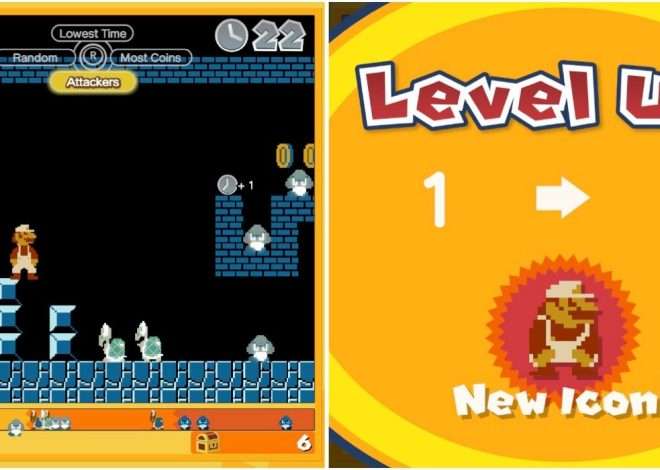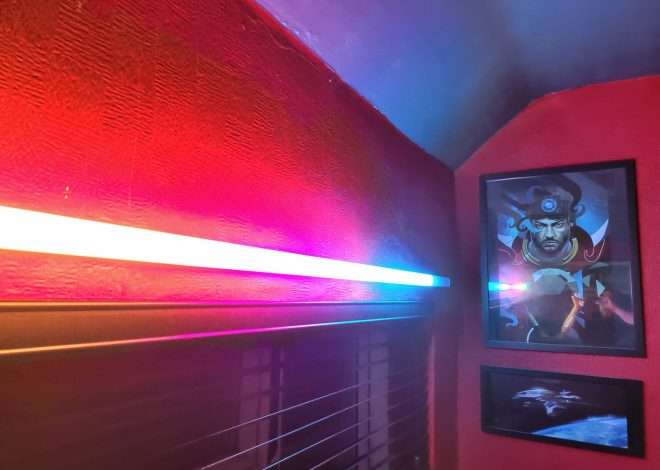Choosing the Right Metaverse Game Development Partner
The metaverse is rapidly evolving, presenting immense opportunities for innovative game development. Choosing the right company to bring your vision to life is crucial for success. This decision will significantly impact the quality, timeline, and overall profitability of your project. Therefore, careful consideration and thorough research are paramount before committing to a partnership.
1. Experience and Portfolio: A Track Record of Success
Before diving into technical specifications or pricing, assess the potential partner’s experience. Look beyond simply stating years in business; delve into the specifics. What types of metaverse games have they developed? Do their previous projects showcase similar gameplay mechanics, genres, or technological complexity to your vision? A strong portfolio should exhibit a range of successful projects, demonstrating adaptability and expertise across different platforms and game engines.
Examine the scope and scale of past projects. Did they handle large-scale development, intricate game mechanics, or complex integrations with other platforms? Were these projects completed on time and within budget? Case studies and testimonials can provide valuable insights into their past performance and client satisfaction. Pay close attention to the visual quality and overall user experience of their completed games; this reflects their technical capabilities and artistic vision.
Furthermore, research the team’s background. Are they experienced game developers with proven expertise in the metaverse space? Do they possess a deep understanding of blockchain technology, if applicable to your project? A team comprising experienced programmers, artists, designers, and project managers is essential for a smooth and efficient development process.
2. Technological Expertise: Mastering the Metaverse Landscape
The metaverse encompasses a diverse range of technologies, each requiring specific skills and knowledge. Ensure the development company possesses the necessary expertise in the technologies relevant to your project. This might include familiarity with various game engines like Unity or Unreal Engine, blockchain technologies such as Ethereum or Solana, and experience integrating with existing metaverse platforms like Decentraland or Sandbox.
Inquire about their proficiency in different programming languages and their experience with developing for various VR/AR devices. Understanding their experience with user interface (UI) and user experience (UX) design is also crucial for a successful and engaging metaverse game. A strong understanding of user interface and user experience best practices will ensure your game is intuitive and enjoyable to play.
Consider the company’s approach to scalability and future-proofing. Can their technology adapt to future metaverse advancements? Will your game be easily updated and expanded upon as the metaverse evolves? A future-proof development strategy is paramount for long-term success.
3. Communication and Collaboration: Building a Strong Partnership
Effective communication is the cornerstone of any successful collaboration. Before committing to a development partnership, assess the company’s communication style and responsiveness. How readily do they answer your questions? Do they provide regular updates and progress reports? A lack of transparency and clear communication can lead to misunderstandings, delays, and ultimately, project failure.
Evaluate their project management processes. Do they utilize efficient project management tools and methodologies? Do they have a clear process for handling feedback and incorporating revisions? A well-defined project management system ensures that the development process is organized, efficient, and transparent.
Consider the company’s cultural fit with your team. Do you feel comfortable collaborating with them? Do their values and working style align with yours? A strong working relationship fosters trust, efficiency, and a collaborative environment that is essential for a successful project. Regular meetings, clear communication channels, and readily available support are crucial elements for a positive collaboration experience.
4. Budget and Pricing: Transparency and Value for Money
Budget is a critical factor in any game development project. Request detailed pricing breakdowns from potential partners. Understand what components are included in the quoted price and whether there are any hidden costs. Transparency in pricing is crucial for avoiding unexpected expenses and ensuring a clear understanding of the financial commitment.
Don’t solely focus on the lowest price. Consider the value you receive for your investment. A company offering a significantly lower price might compromise on quality, experience, or resources, ultimately costing you more in the long run. A balanced approach, considering both cost and quality, is essential.
Negotiate payment terms that are mutually beneficial. Consider milestones or phased payments to manage risk and ensure that progress aligns with payments. A clear and well-defined payment plan protects both parties involved in the development process.
5. Post-Launch Support and Maintenance: Long-Term Partnership
The launch of your metaverse game is not the end of the journey. Ongoing maintenance, updates, and bug fixes are essential for ensuring a smooth and enjoyable player experience. Inquire about the level of post-launch support offered by the development company. Will they provide ongoing maintenance and technical support? Do they offer updates and feature additions?
Consider their approach to community management. Will they assist in community building and engagement? Will they monitor player feedback and incorporate suggestions into future updates? A strong post-launch support system is vital for the long-term success of your metaverse game.
A strong partnership extends beyond the initial development phase. A reliable development company will provide continued support and maintenance, ensuring your game remains engaging and enjoyable for your players. This includes addressing bugs, optimizing performance, and implementing new features to maintain player interest and satisfaction.
- Regular Updates: Ensure the company commits to regular updates and patches to address bugs and enhance gameplay.
- Community Engagement: A proactive approach to community feedback is crucial for long-term success.
- Scalability: The game’s architecture should allow for future expansion and adaptation to new technologies.
Choosing the right metaverse game development company is a critical decision. By carefully considering these five key factors – experience, technological expertise, communication, budget, and post-launch support – you can significantly increase your chances of creating a successful and engaging metaverse game. Thorough due diligence and careful evaluation will ensure a mutually beneficial and rewarding partnership.
Remember, the right partner will not only bring your vision to life but will also guide you through the complexities of the metaverse landscape, ensuring your game’s success in this rapidly evolving digital world. The process requires meticulous planning and a keen eye for detail to ensure a successful outcome. Taking the time to thoroughly evaluate potential partners is an investment that will pay dividends in the long run. A well-chosen partner will become an integral part of your team, working collaboratively to achieve your shared goals. The result will be a game that not only meets but exceeds expectations.
Ultimately, the success of your metaverse game hinges on the expertise and dedication of your chosen development partner. Choose wisely, and embark on this exciting journey with confidence.



